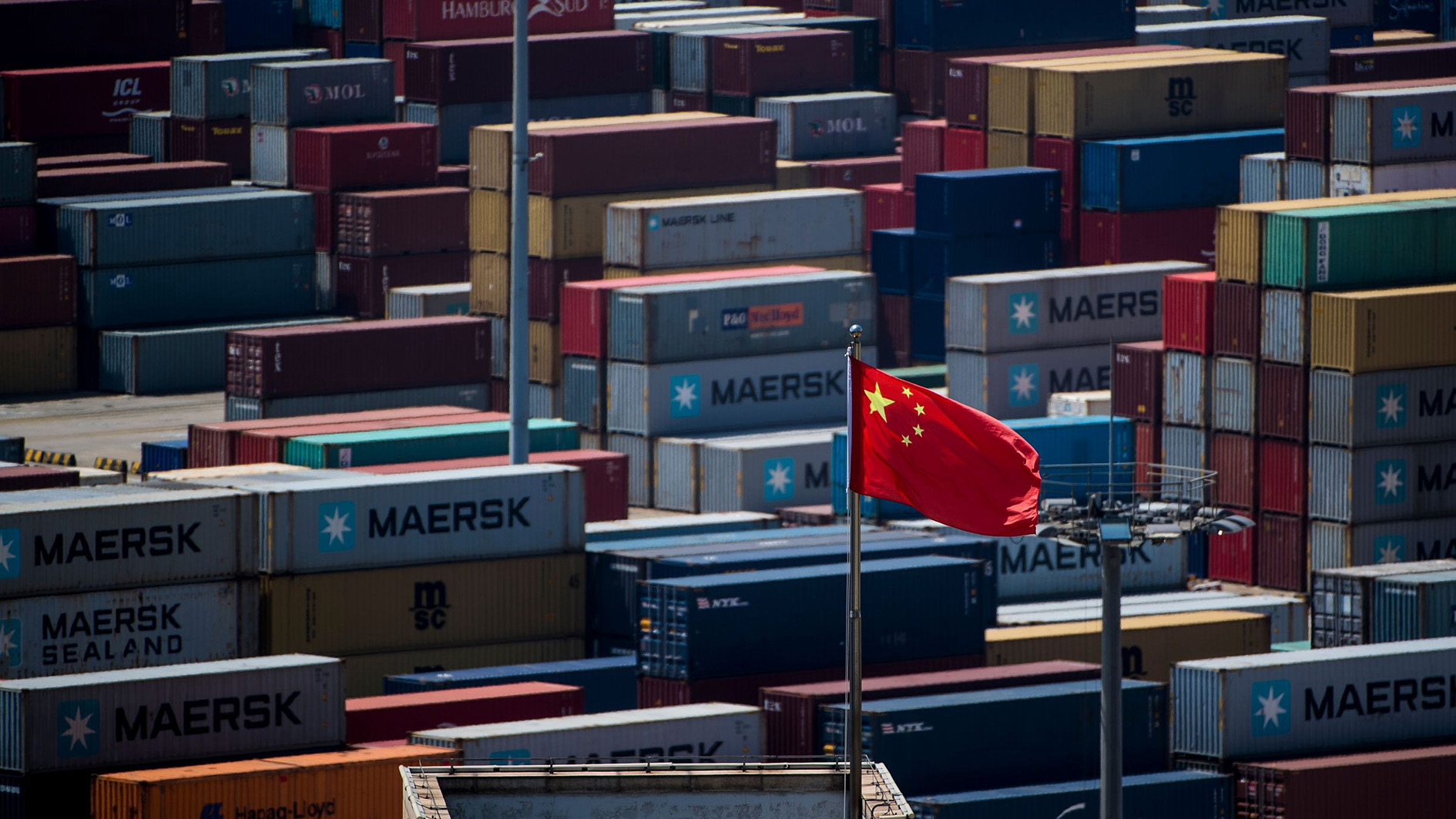
Money Stories
16:13, 12-May-2019
U.S. media: Trump's new tariffs will be paid by American consumers
Yang Zhao, Feng Ran
01:56

With President Trump describing his increased tariffs on Chinese imports as a new political gain on Twitter, America's media seem to be a little more concerned about the impact on ordinary domestic consumers than the president.
In an editorial on Friday, the New York Times called the tariffs "a new tax on Americans."
It said the more Trump escalates the trade war, the more American shoppers will see higher prices in their favorite grocery stores, hardware shops and big-box retailers.
It went on to say that the extra tariffs will ultimately be paid for by firms or the pocket of the buyers.
They also provided a case study to make their case easier to understand.
They said Trump's tariffs last year drove up the price of washing machines and dryers by 12 percent. And guess who buys these? American consumers.

U.S. consumers will be affected by the latest tariff hikes. /VCG Photo
U.S. consumers will be affected by the latest tariff hikes. /VCG Photo
What's more, the article said Trump could just have made an honest case and asked Americans to endure some hardship until China was forced to bend, but he didn't.
Instead, he continues to repeat the false claim that the money will come from China, though he has been told repeatedly that this claim has no basis.
CNBC, meanwhile, echoed much of that. They quoted estimates from Oxford Economics that the latest round of tariffs could end up costing every American household about 450 U.S. dollars, pushing U.S. GDP expansion below two percent and dampening employment growth by about 200,000 jobs.
They warned that if the White House followed its threat to impose 25 percent tariffs on all remaining imports from China, the American economy could lose half a percent of GDP growth and cost each household close to 800 U.S. dollars.
As Trump's tariffs target list gets ever longer, more consumption goods have been included. The New York Federal Reserve said the tariffs could drive core inflation – excluding food and energy – up from 0.1 percent to 0.4 percent.

SITEMAP
Copyright © 2018 CGTN. Beijing ICP prepared NO.16065310-3
Copyright © 2018 CGTN. Beijing ICP prepared NO.16065310-3